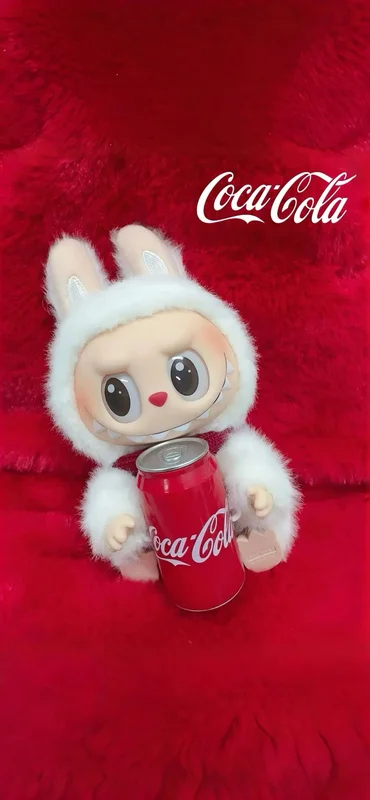Here’s the translation of the title into Japanese: **ラブブのコカ・コーラ セレブレーション on レッドベルベット** (Rabubu no Koka-Kōra Sereburēshon on Reddo Berubetto) Let me know if you'd like further adjustments!
モバイルレッドカートゥーン
赤いベルベットの背景にコカ・コーラのロゴが入った、コカ・コーラの缶を持ったラブブのフィギュア。
その他の壁紙

タイトル「ビーチーラブブの砂の城で楽しい日差し」を日本語に訳すと、次のようになります: **「ビーチーラブブの砂の城で陽気なひととき」** このタイトルは、Beachy Labubuが砂の城を作りながら、太陽の下で楽しむ様子を表現しています。
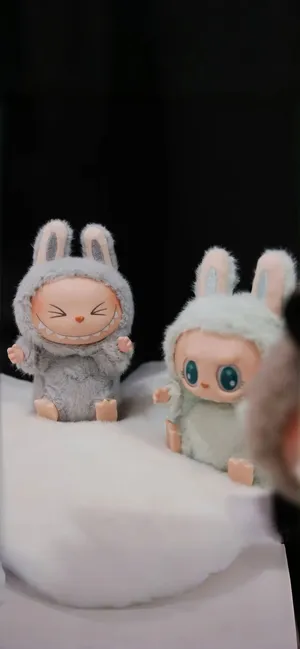
The title "Mischievous Labubu Bunnies on a Snowy Plain" can be translated into Japanese as: **雪原のいたずらラブブバニー** (Yukihara no Itazura Rabubu Banī) Here’s the breakdown: - 雪原 (Yukihara) = Snowy Plain - いたずら (Itazura) = Mischievous - ラブブ (Rabubu) = Labubu - バニー (Banī) = Bunnies Let me know if you'd like further adjustments!
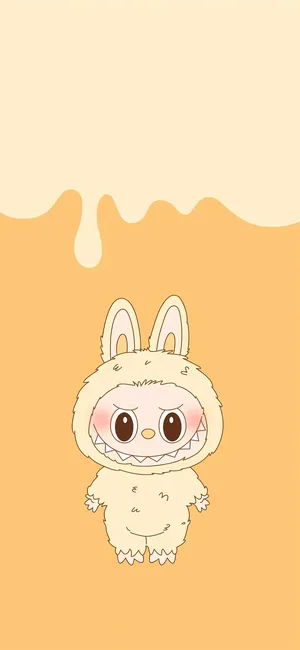
不気味なバニー・ラブブと滴る甘いクリーム (Fukimi na Banī Rabubu to Shitataru Amai Kurīmu) This title combines the eerie "spooky" element with the cute "bunny" and "Labubu" (a popular character), along with the sensory detail of "dripping sweet cream."
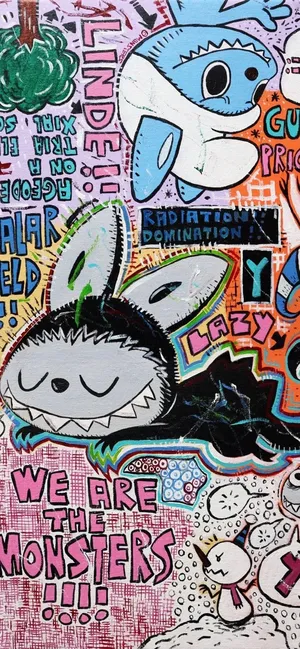
Here’s the Japanese translation of the title: **モンスターグラフィティ:放射、支配、そして怠け者ラブブ** (モンスターグラフィティ:ほうしゃ、しはい、そしてなまけものラブブ) Breakdown: - **Monster Graffiti**: モンスターグラフィティ - **Radiation**: 放射 (ほうしゃ) - **Domination**: 支配 (しはい) - **Lazy Labubu**: 怠け者ラブブ (なまけものラブブ) This translation maintains the original meaning while adapting it naturally for Japanese readers.
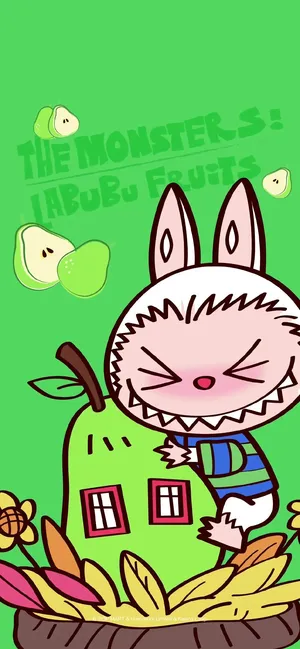
The title "Labubu's Pear House: Sweet Monster Fun" can be translated into Japanese as: **ラブブの梨の家:甘いモンスターの楽しい冒険** (Rabubu no Nashi no Ie: Amai Monsutā no Tanoshī Bōken) This translation keeps the playful and fun tone of the original title while adapting it naturally into Japanese.

ラブブの人形劇: 欺瞞の糸 (Rabubu no Ningyōgeki: Giman no Ito) This translation keeps the original title's essence, using "ラブブ" (Labubu) for the character's name and "人形劇" (ningyōgeki) for "puppet show." "欺瞞の糸" (Giman no Ito) translates to "Strings of Deception," maintaining the metaphorical and mysterious tone of the title.
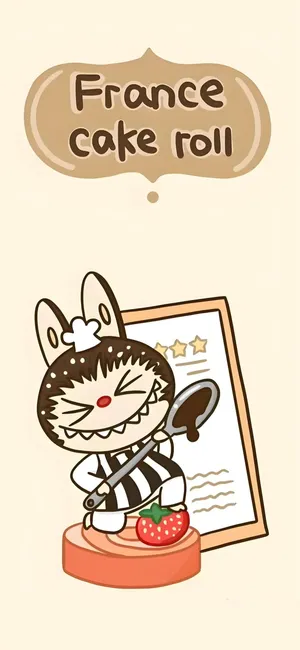
Here’s the translation of the title into Japanese: **バニー・ベイカーのフレンチケーキロールの喜び** (Banī Beikā no Furenchi Kēki Rōru no Yorokobi) Let me know if you'd like further adjustments!

ラブブのコカ・コーラのくつろぎデイ (Labubu no Coca-Cola no kutsurogi Dei) This translation keeps the original meaning while adapting it into natural Japanese. "Cozy Day" is translated as "くつろぎデイ" (kutsurogi Dei), which conveys the idea of a relaxing, comfortable day. "Labubu's" is translated as "ラブブの" (Labubu no), indicating possession. "Coca-Cola" remains the same as it's a widely recognized brand name.
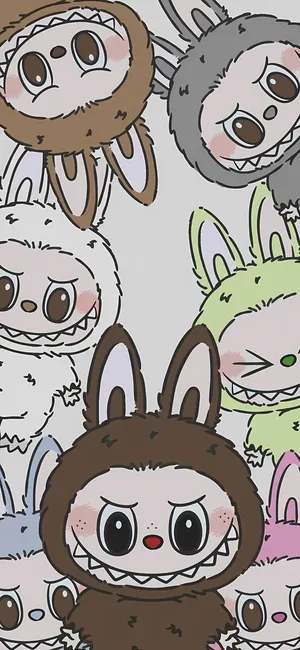
ラブブスクワッドのほんわか笑顔の壁紙
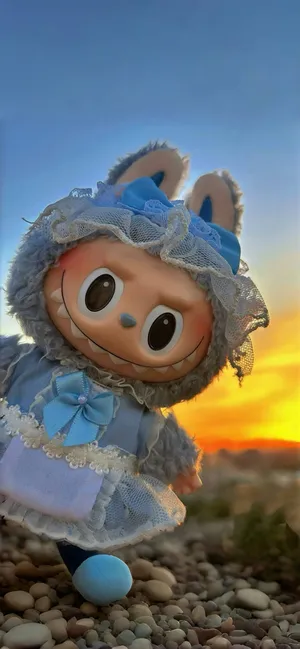
The title "Labubu's Sunset Serenade in Blue" can be translated into Japanese as: **ラブブの青の夕暮れのセレナーデ** (Rabubu no Ao no Yūgure no Serenāde) Here’s the breakdown: - **Labubu** (ラブブ): The name remains the same in katakana. - **Sunset** (夕暮れ / Yūgure): Refers to the time of day when the sun sets. - **Serenade** (セレナーデ / Serenāde): Borrowed from English, written in katakana. - **In Blue** (青の / Ao no): Indicates the color or mood of the scene. This translation maintains the poetic and artistic feel of the original title.

The title "Two Fuzzy Labubu Face-Off" can be translated into Japanese as: **「2体のふわふわラブブの対決」** (Nitai no fuwafuwa Labubu no taiketsu) Here’s the breakdown: - 「2体」(Nitai) = Two (used for counting objects/figures) - 「ふわふわ」(fuwafuwa) = Fuzzy/fluffy - 「ラブブ」(Labubu) = Labubu (a character name, often kept as is in Japanese) - 「の対決」(no taiketsu) = Face-off/Showdown Let me know if you'd like further adjustments!

The title "Mario Labubu on the Road" can be translated into Japanese as: **「マリオ・ラブブの旅路」** *(Mario Rabubu no Tabiji)* Here’s a breakdown: - "Mario" is written as マリオ (Mario) in Japanese. - "Labubu" is a name, so it’s transliterated as ラブブ (Rabubu). - "On the Road" can be translated as 旅路 (tabiji), which means "journey" or "travels," fitting the context of being on the road. Let me know if you'd like further adjustments!
その他の商品
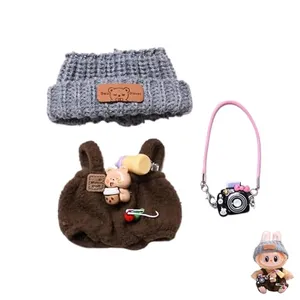
2025年新作 ラブブ衣装、ラブブ用精巧なアクセサリー、17cmラブブ用かわいい衣装セット (#E)
$7.99 8.99
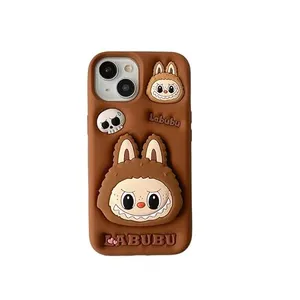
ANYRIX LABUBU iPhone 16 用ケース LABUBU 見えないブラケット付き スマホケース 全機種対応 TPU シリカゲル 傷防止 耐衝撃 (16promax, スタイル6)
$11.99
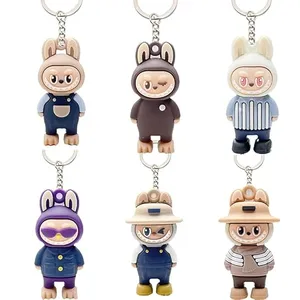
6 PCS Labubu Keychain, Cute Labubu Doll Wristlet Accessories Monster Key Chain Bag Charm Gift for Women (A)
$16.99

17cmドール服 17cm labubuドール アクセサリー 座り姿 1パーカー+1パンツ ドールなし
$10.99
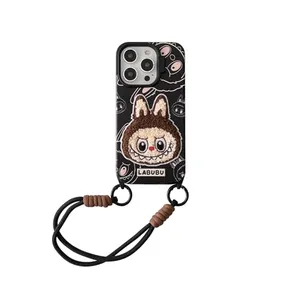
ANYRIX かわいい漫画 Phone 12 ケース LABUBU ハンドストラップ付き 携帯電話ケース TPU かわいい シリコン製 傷防止 耐衝撃 子供 女の子 女性 (16pro, ブラック)
$11.99

Mrwtesio Doll Wing for Labubu, Premium Labooboo Doll Accessories for Boys and Girls (No Doll) (Wing B)
$6.98
